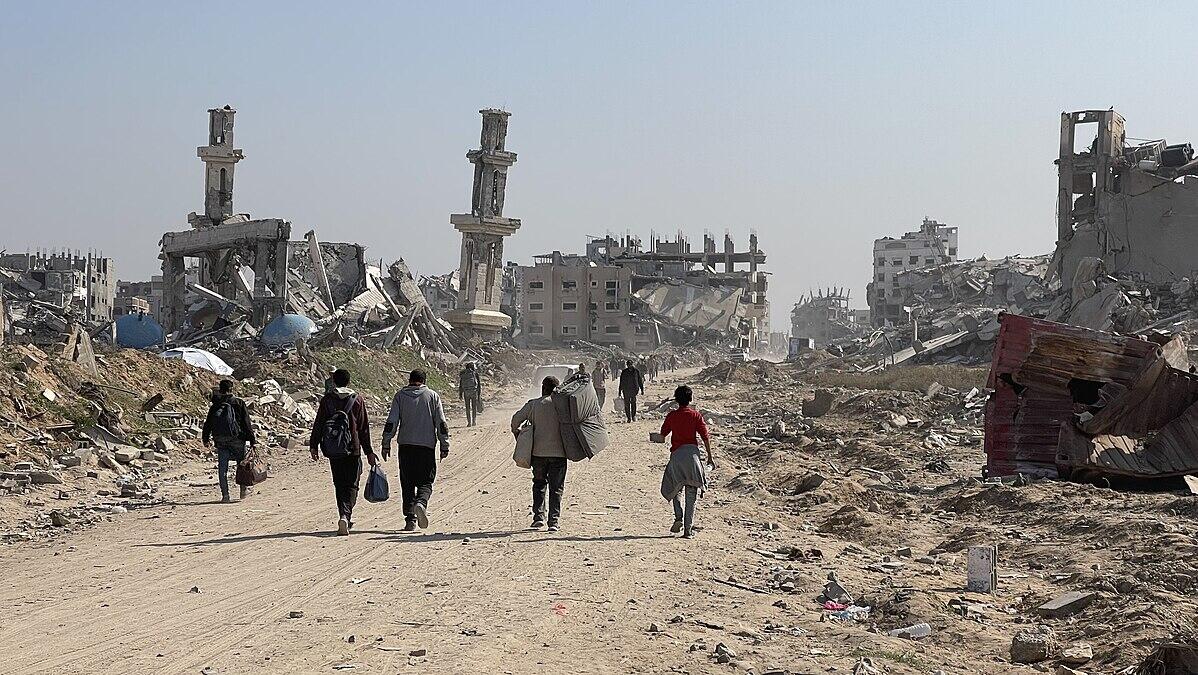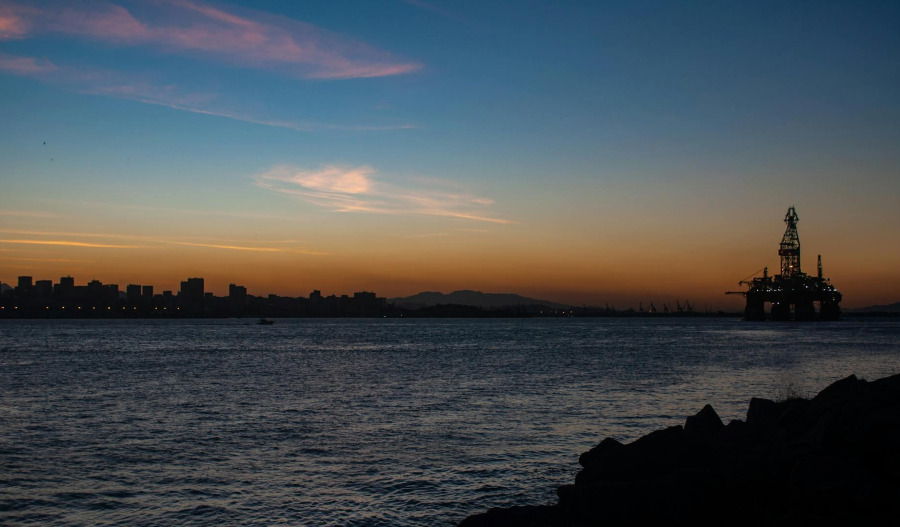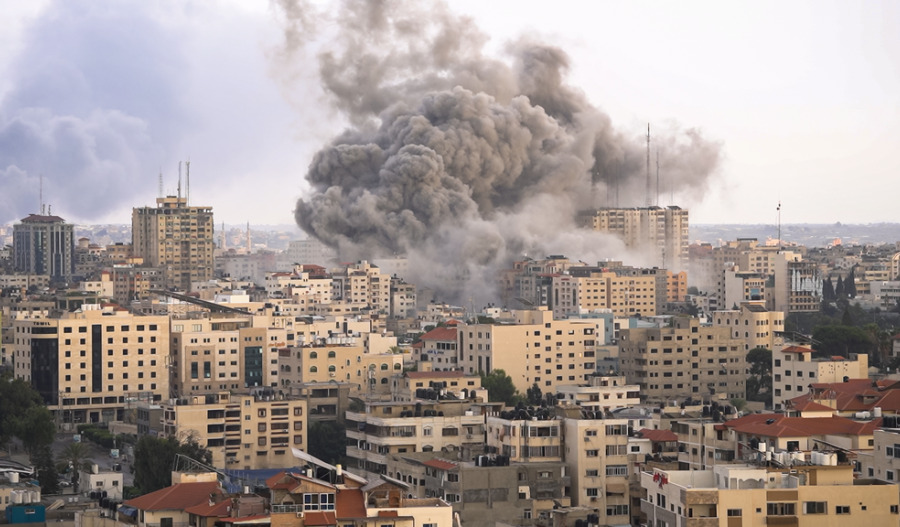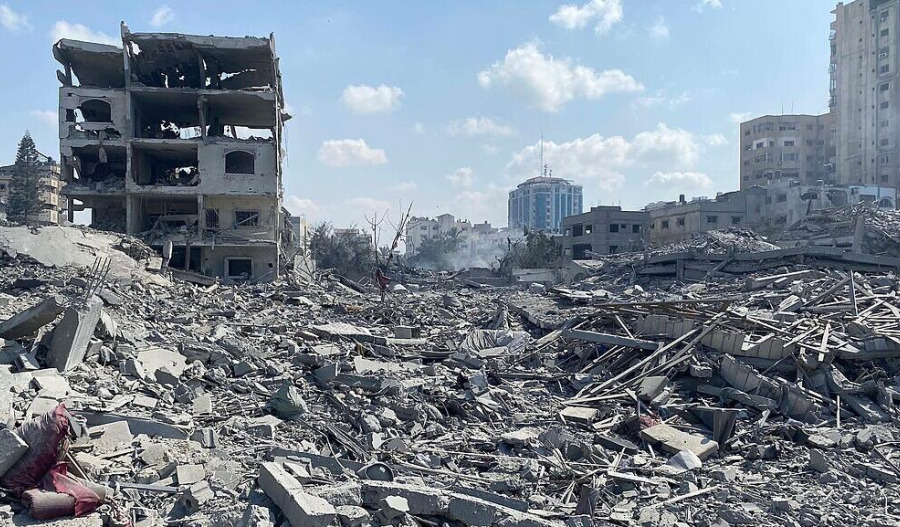The first phase of a peace plan for Gaza has been agreed upon by both Israel and Hamas.
The plan, orchestrated by United States President Donald Trump, will begin with a ceasefire and hostage deal.
The agreement came the day after the anniversary of the 7 October musical festival attacks from Hamas.
In the two years following, Israel has continued to ramp up its military assault on Palestine, including the blocking of aid resources, despite outcry from the international community.
The Palestinian Ministry of Health reported recently that in those two years, more than 67,000 people have been killed, including more than 20,000 children, accounting for 30% of the total fatalities.
These numbers do not include further fatalities from famine, and the United Nations human rights office also notes that the Palestinian authorities' number is likely an undercount.
Trump's full peace plan for the region is outlined across 20 points, but details are not currently known.
"I am very proud to announce that Israel and Hamas have both signed off on the first Phase of our Peace Plan," Trump wrote on his social media platform, Truth Social.
He said that “All Parties will be treated fairly” and thanked mediators from Qatar, Egypt, and Türkiye.
Israeli Prime Minister Benjamin Netanyahu confirmed in a statement that he would convene his government on Thursday and approve the agreement.
Hamas also confirmed its agreement, but also added that Trump and the guarantor states must ensure that Israel actually follows through on the ceasefire.
That sentiment was echoed by a Palestinian American human rights lawyer and professor at Rutgers University, Noura Erakat, who says a peace deal that relies solely on the U.S. and Israel is cause for concern, noting previous examples of Israel breaking ceasefires, even as recently as March of this year.
“We are in a position right now where everyone is welcoming this because we want children, and all Palestinians, to eat and sleep, to rest for a night without being bombarded in makeshift tents, continuing to burn alive, and not having access to basic medical needs. That is the priority first and foremost,” Erakat said.
“This should have been something that the international community ushered through and imposed on both the United States and Israel."



